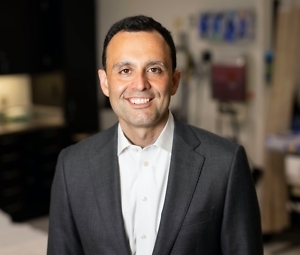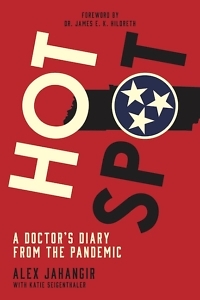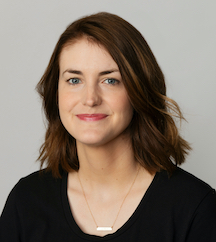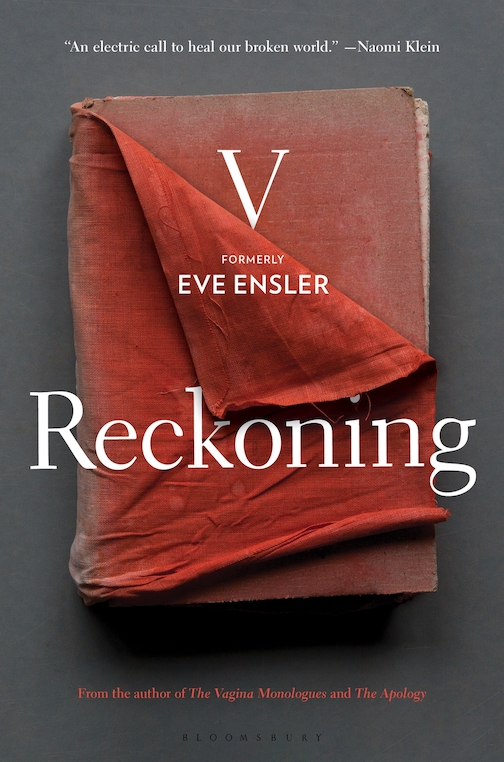Crisis Management
Dr. Alex Jahangir recalls the early days of Nashville’s battle with COVID-19
There’s a phrase that Dr. Alex Jahangir repeats consistently throughout his memoir, Hot Spot: “All bleeding stops.” It’s a saying he first employed when treating dangerously ill patients as an orthopedic trauma surgeon and later as a public health leader during the pandemic. The book follows his quest to stop the bleeding — or, in this case, the cascade of COVID-19 infections and subsequent deaths — in Nashville, while facing media scrutiny, political roadblocks, and even personal attacks.
 In his role at Vanderbilt University Medical Center, Jahangir understands how to perform triage, to identify the most pressing need and address it. He’s also an Iranian immigrant and a product of Nashville’s public school system, making him keenly aware of health inequities in the city.
In his role at Vanderbilt University Medical Center, Jahangir understands how to perform triage, to identify the most pressing need and address it. He’s also an Iranian immigrant and a product of Nashville’s public school system, making him keenly aware of health inequities in the city.
Jahangir was appointed chair of Metro Nashville’s Board of Health in October 2019. A few months later, COVID-19 arrived, and he was thrust into the spotlight. “I’m usually good in a crisis, but this was a crisis I didn’t fully understand,” he writes. Still, Mayor John Cooper requested that Jahangir lead the city’s Coronavirus Task Force, as well.
One of the task force’s first duties was to limit the spread of COVID–19 by shutting down bars and limiting restaurants to 50% capacity. Other problems they faced were less dramatic but still pressing, like the critical shortage of cotton swabs when testing was ramping up.
The task force also began to advocate for mask-wearing, an issue that landed them in hot water.
“Mask-wearing — a ubiquitous symbol of protection against infectious disease — became a political lightning rod,” Jahangir writes. “Wearing or not wearing a mask became a statement of one’s worldview rather than good common sense.”
 Jahangir and the board also faced pushback from the hospitality industry, which suffered huge profit losses during the pandemic. In one scene, Jahangir describes a local hotel CEO verbally attacking him for ruining his business. “When he made the accusation, something changed in me. I took over. It was like a patient had come into the hospital bleeding,” Jahangir writes. “I’d stopped the bleeding but still needed to rehabilitate the patient. Get the patient to walk. Sometimes, in order to do this, you have to take charge, set clear expectations, and reestablish the rules of engagement. This requires both empathy and firmness.”
Jahangir and the board also faced pushback from the hospitality industry, which suffered huge profit losses during the pandemic. In one scene, Jahangir describes a local hotel CEO verbally attacking him for ruining his business. “When he made the accusation, something changed in me. I took over. It was like a patient had come into the hospital bleeding,” Jahangir writes. “I’d stopped the bleeding but still needed to rehabilitate the patient. Get the patient to walk. Sometimes, in order to do this, you have to take charge, set clear expectations, and reestablish the rules of engagement. This requires both empathy and firmness.”
Slowly, Jahangir began to find his footing as a leader and public figure.
Some of the doctor’s most difficult decisions revolved around the opening and closing of public schools, decisions made in conjunction with Dr. Adrienne Battle, the Metro superintendent. Jahangir and Battle believed that raging COVID numbers made it unsafe to reopen; at the same time, virtual learning was only possible for students privileged enough to have wi-fi, computers, and a supervising adult at home.
Jahangir realized he could never make everyone happy. “They needed a villain,” Jahangir writes. “I would suffice.”
Still, he admits that criticism from COVID deniers sometimes rattled him, reminding him of bullies who taunted him as a child for his inability to speak perfect English. He even describes how, on a trip to Helen, Georgia, a woman refused to sell him eggs at a convenience store — presumably because he had dark skin and was wearing a mask.
As Jahangir and his team continued to make unpopular decisions based on science, the state and federal governments were often hamstrung by politics.
At the beginning of COVID-19, Governor Bill Lee asked public officials to create two “alternate care sites,” or makeshift hospitals where more patients could be transferred if hospitals filled up. Within a few months, the state had added 450+ additional beds. Later, though, as the COVID crisis became increasingly politicized, Lee refused to open these sites — even as medical staff scrambled to find open hospital beds for critically ill, non-COVID patients because of the crush of the infected.
Jahangir recalls calling his wife during a massive surge on New Year’s Eve 2020. “I just denied transfer to a patient who is going to die tonight because there isn’t a hospital bed within one hundred miles of him,” he told her. Jahangir speculates that Lee feared losing support from his political base if he appeared to acknowledge the magnitude of the crisis.
Even with the lack of state and federal support, Jahangir kept the most vulnerable populations in mind. He frequently credits the wisdom of Dr. James E. K. Hildreth, president and CEO of Meharry Medical College, for helping him serve these communities. (Hildreth provides a foreword for Hot Spot.)
When Nashville’s primary hospitals could no longer spare staff for testing sites, Meharry volunteered to take over testing for the entire city. The historically Black medical college also helped in the campaign to inoculate Nashville’s residents once the vaccines arrived.
Slowly, the crisis began to fade. Vaccines worked. Numbers fell. The bleeding stopped.
As much as Hot Spot is a story about the pandemic, it is also the story of a new American learning to ignore bullies. Jahangir borrowed this attitude from those who served with him: Hildreth, Battle, Cooper, and others.
“When it came to serving the residents of Nashville, Tennessee, throughout the first year of the pandemic, they wasted as little time as possible worrying about or kowtowing to bullies. By the time May 4, 2021, arrived, I had evolved into someone who truly felt the same.”

Caroline Siegrist is a Nashville-based writer. Her work has been featured in The Washington Post, Rock & Sling, Mockingbird, Hippocampus, Cool Mom Picks, and more. She lives with her husband and two young children.


